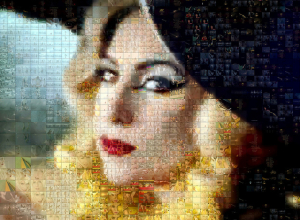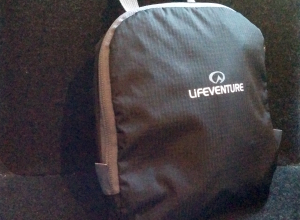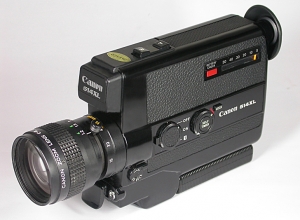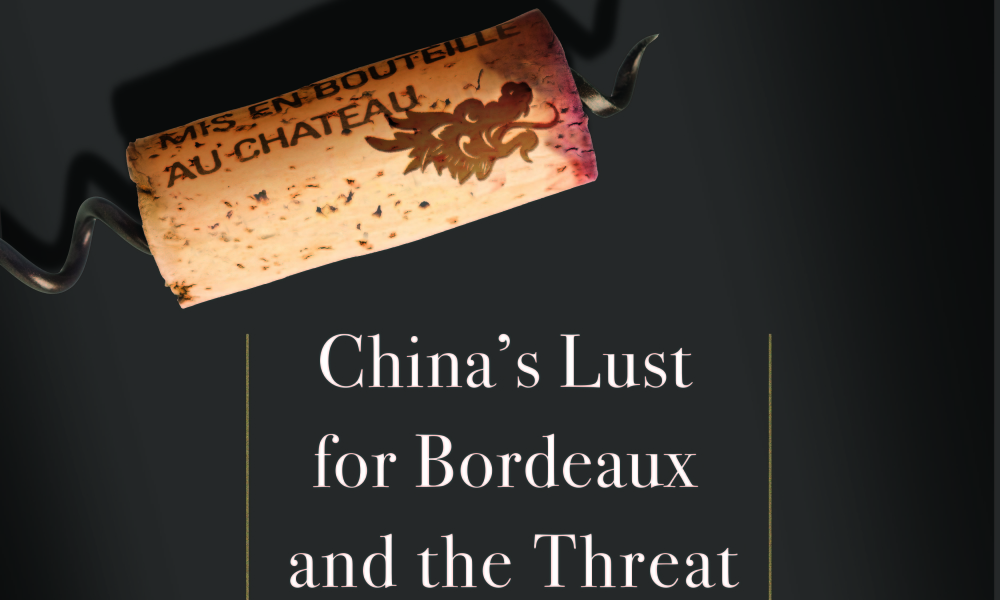
We have a ritual, my wife and I, on a Wednesday night. That’s our night out together and we go Ballroom Dancing. It’s good fun, a relaxed social occasion, healthy, and an excuse to spend time together outside of the house. We particularly love the Quickstep, the Foxtrot and the Waltz. We decided to spend extra effort getting better at these steps so we could enjoy the dance floor freedom that comes from familiarity, skill and confidence.
We did not dare to try and learn the Tango.
I think many, including me, feel like this about wine. There are some wines that are accessible, easy and fun. But there are others that seem to demand more in-depth study, commitment and effort to make them worthwhile. Mastery of these allow you to join the “Advanced” group while the rest of us sit, and watch.
Bordeaux has always been such a wine for me.
Despite years spent around wine (and even more drinking it), I’ve consciously “sat out” when it came to Bordeaux. There were already too many people willing to comment on these wines, trying to prove themselves, and they didn’t need me. Too many sharp elbows and flying feet crowded that particular dance floor.
More importantly, I didn’t care enough to spend the money necessary to taste what were considered the benchmark wines. I preferred to have fun with stuff I liked, but take a rest when it came to this particular category.
Yet, it arguably is important for anyone commenting on wine to understand Bordeaux, and to experience it, since it is not just a category on the wine list. What happens there impacts everyone and everything else, whether we like it or not.
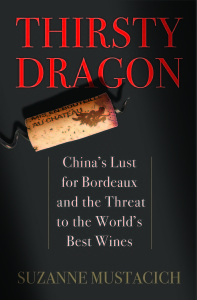 This became doubly true when the story of Bordeaux became entangled with what was happening in China over the last decade or two – this now involved wine, but also economics, politics, tourism and culture.
This became doubly true when the story of Bordeaux became entangled with what was happening in China over the last decade or two – this now involved wine, but also economics, politics, tourism and culture.
I was therefore curious when my friend Suzanne Mustacich asked me if I wanted to review her new book Thirsty Dragon: China’s Lust for Bordeaux and the Threat to the World’s Best Wines.
Here was a chance to understand one of the countries responsible for the biggest changes happening to the world I live in and my kids will inherit, through the lens of something I had a reasonable understanding of: wine.
Here was also a chance to learn something new about one of the most important wine regions in the world through the lens of something I thought mattered: China.
I agreed to read the book, but with some sense of trepidation concerning the combination of such broad topics (and the contentious assumption of these being the “world’s best wines”), but in fact I was amazed.
Suzanne is an experienced journalist and writer, and a great storyteller. As both a resident and a professional observer of Bordeaux, she is in an excellent position to tell the ‘inside’ story of Bordeaux, but also to give perspective on China as an outsider.
Thirsty Dragon tells a story, in a highly readable third-person narrative style, of what happens when history, tradition, commerce, greed and politics merge, seen through the lives of a great cast of characters. Reading this book is like walking alongside the winemakers, market makers, politicians, investigators and salespeople as they live through one of the most amazing, and intense, changes in the balance of power in the world.
The story may be recent historical fact built from a long list of interviews, but it reads effortlessly, like well crafted historical fiction. The plot itself is worthy of a Netflix ‘original series’ – with intrigue, humour and drama, but also presented with clarity and honesty.
I fear an overview by me cannot do the book justice, as it deserves to be read as a whole. Its vast topic threads are more expertly interwoven than I could achieve in any summary here.
On the one hand, it takes the reader through the complex relationships between wineries, intermediaries and consumers of Bordeaux, and the ongoing power struggles between them. Anyone who cares about wine culture cannot fail to have noticed the rising prices, the arguments over en-primeur, and how these wines have been put on a par with gold as investment vehicles, rather than drinks to be enjoyed.
It also helps to explain two very different aspects to the story of wine in China; the reasons for the extremes of demand for wine, both luxury and bulk, from abroad, but also the rise of local wine production. This is not market like those we are used to, driven by wine drinkers, but one based around gifting and status, where brands are not just measures of quality, but guarantees of value, and therefore open to counterfeiting. It is also not an artisanal local production tradition, but a national commercial industry. This matters.
Most uniquely, Thirsty Dragon also manages to explain how these very different cultures blended in such a way as to result in multi-million dollar fortunes, world-class wines and new wine cultures, but also fraud, counterfeiting, prison terms and bankruptcy.
This is not a book about wine, so much as a book that uses wine to illustrate the potential and threats of China, and Chinese culture, to countries and industries that are unprepared for new ways to work. The message of the book would apply equally to other luxury good industries, and possibly more generally too.
If you like wine, you will love Thirsty Dragon, but this is not essential. What matters more is that you are curious about how the world works, in particular how global markets work, and how this is all changing.
After reading it, I feel I have a slightly better handle on Bordeaux than I did before, and a completely different understanding of what “Chinese business” really means. I feel richer for it, if still not likely to launch myself into either.
Bordeaux now seems a little more relevant to me, and not so alien.
Then, on Wednesday my wife and I started learning the Tango. It wasn’t that hard.
I guess you just have to get started.

